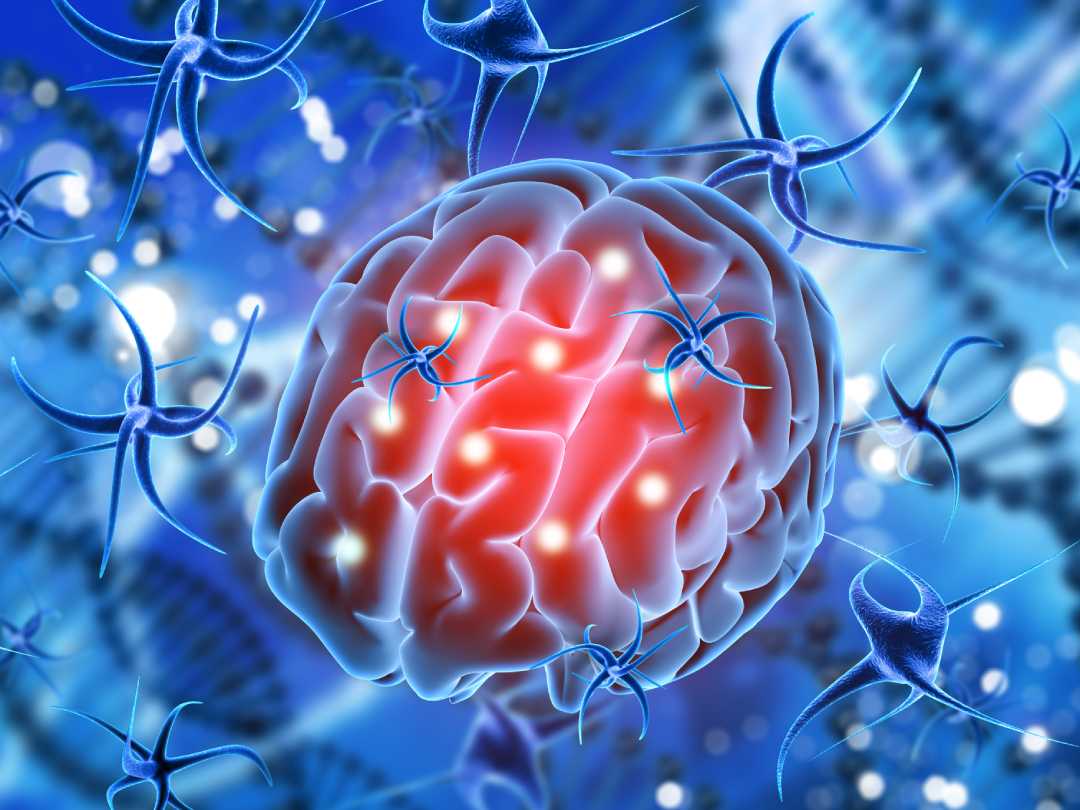Neuromuscular Disorders Treatment in Vijayawada

These disorders can either be static- unchanging with time or progressive- get worse with time. The various disorders that come under these include:
Neuropathies
Neuropathies are problems with nerves. A child with neuropathy can experience numbness, tingling, pain, and other symptoms. They can be genetic or acquired later in life, the ones acquired can include disorders such as Guillain-Barre syndrome, neuropathy due to diabetes, etc. Hereditary neuropathies include Charcot-Marie-Tooth disease (CMT).
Congenital myopathies
Congenital myopathies are genetic diseases that cause muscle weakness that can be mild to severe. These are characterized clinically by hypotonia and weakness, usually from birth, which may remain the same or progress gradually.
Myotonic dystrophy
Myotonic dystrophy affects all or most muscles and some organs. The term myotonic refers to the inability to relax a muscle normally. This type of muscular dystrophy begins in adulthood and can be seen as a congenital, childhood, or adult form.
Neuromuscular junction disorders
Neuromuscular junction disorders affect the area where nerves connect to muscles. Myasthenia gravis is a type of this disorder, which results in weakness and rapid fatigue of the muscles under voluntary control.
Muscular dystrophies
A muscular dystrophy is a group of diseases that cause progressive weakness and loss of muscle mass. In muscular dystrophy, abnormal genes interfere with the production of proteins needed to form healthy muscle. These can be of multiple types.
Spinal muscular atrophy
In this type of disorder, the cells in the spinal cord which are related to muscle movement get affected. This makes it difficult for the child to control their movements.
Cause of Neuromuscular disorders
Various causes can be attributed to these disorders. Children with neuromuscular disorders usually have the defective genes. At times, parents of children with neuromuscular disorders may not have any such symptoms but may just be a carrier of a gene that can cause it. At times immune-mediated disorders and rarely injuries, including injuries at birth can also result in neuromuscular disorders.
Symptoms of Neuromuscular disorders
Most Neuromuscular disorders cause obvious muscle weakness at birth that worsens as the child grows. Some however may not have an obvious presence and require a thorough examination to be diagnosed. Symptoms can be varied and depend on the type of disorder; some associated problems include:
Developmental delays: Babies with neuromuscular disorders may reach their motor skill milestones like rolling, crawling, etc., later than other babies.
Muscle weakness: Children with these disorders may show less muscular strength, and at times trying to strengthen the muscle may make the disease worse.
Muscle tone: Muscle tone refers to the degree of strength in a muscle when at rest. In some children, the tone is very less and the muscle may appear usually floppy.
At times in children with unattended neuromuscular disorders, secondary problems like muscle or joint stiffness, deformed bones or trouble in breathing, etc. may also develop.
What to expect when visiting a pediatric neurologist?
After careful and detailed history taking of your child and your family history, your doctor will perform a detailed physical examination to check your child. In case a neuromuscular disorder is suspected additional tests like, blood tests, genetic tests, Electromyography, nerve conduction study or even muscle biopsy can be advised for the child to confirm the diagnosis.
Once a diagnosis for a specific neuromuscular disorder is made, the child is treated with a multidisciplinary approach by a team of specialists. Your pediatric neurologist works in close coordination with behavioral and occupational therapists to bring out the best in your child. The following are some treatment aspects:
Occupational and physical therapy: This is to improve the strength and function of the muscles. Specific therapy administered depends on the condition the child has, the child is encouraged and guided to perform his/her daily activities well.
Medical monitoring: Your pediatric neurologist will continuously monitor your child to keep a check on the secondary medical conditions.
Medication: This can include steroid therapy, especially in the case of immune system disorders.
Rehabilitation: Usage of external aids to improve the functions of a child may be prescribed to improve upon function.
Neuromuscular disorders can’t be cured completely, but with early identification and constant support from your pediatric neurologist one can expect a significant improvement in the quality of life that these children have.
In case you suspect a neuromuscular disorder in your child then visit a pediatric neurologist near you at the earliest.
